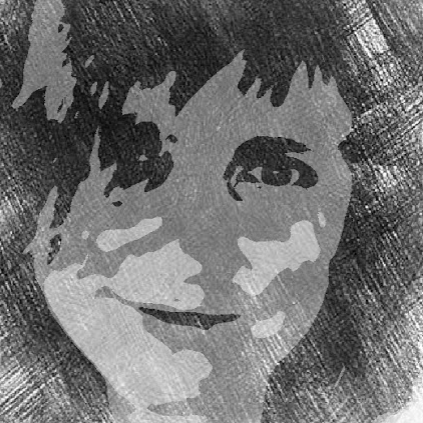
A team of students from the Swiss Lausanne’s technical university EPFL is working on an app to check if your cough is a symptom of coronavirus infection. The idea came from the American student Lara Orlandic. She studies electrical engineering at the Swiss university. Her mother is a doctor in the United States and works with COVID-19 patients, Orlandic says. “One day a friend came to my mother’s house who did not know if she was infected with the virus. It is common knowledge that in developing countries, apps are widely used to recognize pneumonia and asthma. That’s useful because you don’t have proper medical facilities in a lot of places. And in order to do the test, all you need is a smartphone that you can install the app on. That’s why I thought it would be useful to make such an app that would recognize a corona cough”.
Cheaper and faster than lab tests
The students are working together with university hospitals in Bern and Lausanne in Switzerland. These gave the students access to several hundred recordings of coughing sounds from people who had tested positive for COVID-19. Their aim is that the app undergoes a clinical trial so that it can be used as a medical instrument. “This requires several thousand examples of coughing sounds from corona patients,” say Stefano Vojinavic and Tomas Teijeiro, who are both studying at the EPFL too. They expect that the clinical trial won’t take long. “You don’t have any procedures like drug testing.” And there are now also plenty of patients available who can participate in the trial.
When the app becomes available, governments will be able to use it at locations where there has been a recent virus outbreak. Then many people will be able to do an initial test very quickly. If it is positive, they can then go to a doctor. The doctor can then prescribe a serological (antibody test, to check if you have had the disease) and a PCR test (Polymerase Chain Reaction test, to check if you are currently infectious) that is carried out by a laboratory. That could save a lot of unnecessary laboratory testing.
Name ten zoo animals
Using sound analysis prior to medical treatment by utilizing AI is becoming more and more common practice as a way to lower expensive testing costs. For example, the German Gregor Mustermann develops AI for ‘deep speech analysis’ that analyzes spoken responses. It is possible to determine whether a person suffers from dementia or not based on the outcome of the analysis. At least that’s the purpose of the AI (which has been dubbed ‘Deep speech analysis for cognitive assessment in clinical trials,’ aka DeepSpA).
He explained how that works last year during a conference of the European investment body EIT Digital in Eindhoven. A person is phoned up in order to be checked for the presence of dementia. Or to see if there’s a risk that dementia will soon make an appearance. The call is made up of questions such as: name as many animals as possible in one minute. The AI analyzes the spoken answers. How many animals did that person mention? Is there a pattern in the answers given that shows that someone is capable of quickly listing lots of animals? For example, if someone lists ten birds in a row and then ten cat breeds, this shows that that person is thinking systematically. So the AI also examines the functioning of the deeper neural networks, Mustermann said.
Detecting dementia by telephone
The DeepSpA is a useful tool that may in future function as a fully automated chatbot. This could save doctors time in the future. Patients with dementia have to go through these kinds of tests on a regular basis in order to monitor how the disease is progressing. Something needs to be done at an early stage, said a colleague of Mustermann’s at the EIT Digital Conference, Sebastian Köhler. He’s a researcher of Alzheimer’s disease and a lecturer in neuroscience at Maastricht University. “With a healthy diet, exercise, and stimulation of the brain, you can still accomplish so much when you’re middle-aged. Many people don’t know that.”
DeepSpA is also a practical tool for the pharmaceutical industry, Mustermann said. That’s why Mustermann’s team works together with the pharmaceutical manufacturer Janssen, among others. “If you want to test a drug for the treatment of dementia, this application allows you to quickly and inexpensively select the right target group.”

